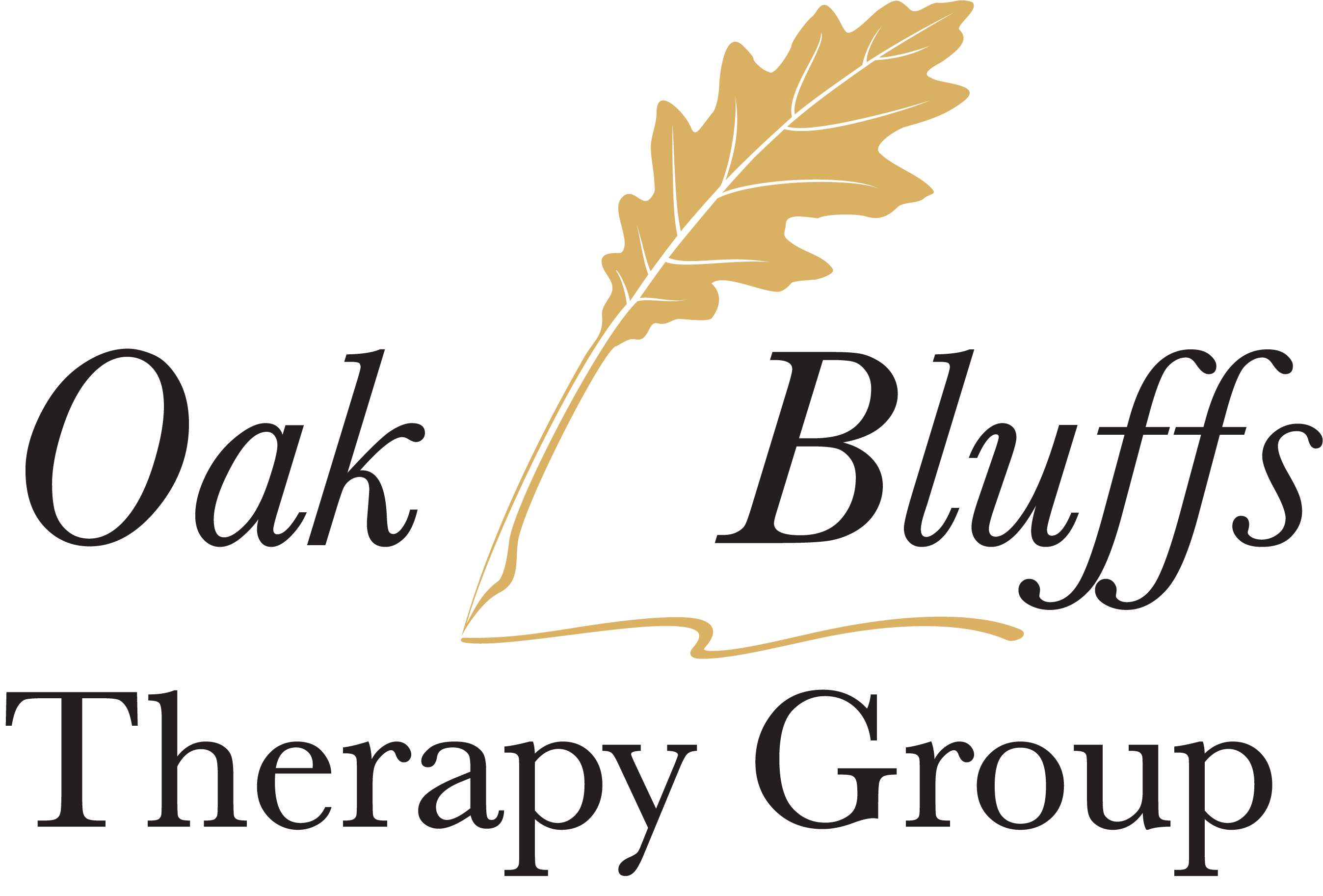CBT Therapy is a fundamental and versatile component of our therapeutic approach, reflecting our commitment to providing evidence-based care for a wide range of mental health concerns. Our perspective on CBT is rooted in empowering clients to recognize and reframe unhelpful thought patterns and behaviors that contribute to distress and dysfunction.
At Oak Bluffs, we use CBT Therapy as a collaborative process. Our experienced CBT therapists work closely with clients to identify the cognitive and behavioral patterns that may be impacting their well-being. Through a structured approach, clients learn practical techniques to challenge negative thinking, manage anxiety, and develop effective coping strategies.
CBT is a transformative journey toward improved mental well-being. We prioritize goal setting and homework assignments to reinforce progress made in therapy, enabling clients to apply what they’ve learned in their daily lives. CBT equips individuals with the skills they need to develop healthier cognitive and behavioral patterns, ultimately leading to greater mental well-being and an enhanced quality of life. It is a proven and effective approach that forms the foundation of our client-centered care, helping individuals on their path to lasting positive change and personal growth.

Cognitive Behavioral Therapy Dallas
Read below to learn everything you need to know about Cognitive Behavioral Therapy (CBT) in Dallas, Texas and how it can benefit you!
What Is Cognitive Behavioral Therapy (CBT)?
Cognitive Behavioral Therapy (CBT) is a type of psychotherapy that aims to address mental health issues by identifying and modifying negative thought patterns and behaviors. Through a structured, goal-oriented approach, individuals learn to recognize distorted or irrational thought patterns and beliefs that contribute to their emotional distress or dysfunctional behavior.
By challenging and changing these unhelpful thought patterns and behaviors, individuals can develop healthier coping mechanisms and improve their emotional well-being. CBT is effective in treating many conditions including:
- Anxiety
- Depression
- Stress
- Phobias
- Other behavioral and emotional challenges
Types of Cognitive Behavioral Therapy
Cognitive Behavioral Therapy encompasses a range of sub-types, each tailored to address specific issues or disorders. Some notable types include Traditional Cognitive Behavioral Therapy, Mindfulness-Based Cognitive Therapy (MBCT), Dialectical Behavior Therapy (DBT), Cognitive Processing Therapy (CPT), and Acceptance and Commitment Therapy (ACT).
These variations share the core principle of addressing maladaptive thought patterns, but incorporate different techniques or emphases. For instance, MBCT combines mindfulness strategies with cognitive therapy to prevent the recurrence of depression, while DBT focuses on regulating emotions and improving interpersonal relationships.
CPT is often used for PTSD and involves working through traumatic memories, and ACT encourages individuals to accept their thoughts rather than fight against them, and to live in a way that is consistent with their values. Through these diverse approaches, CBT offers a versatile framework for addressing a wide array of mental health issues.

What Cognitive Behavioral Therapy Can Help With
CBT in Dallas can help with a variety of mental health issues including anxiety, depression, stress, phobias, post-traumatic stress disorder (PTSD), obsessive-compulsive disorder (OCD), panic disorder, and substance abuse, among others. It’s also effective in addressing behavioral challenges, improving interpersonal relationships, and enhancing coping strategies.
How CBT Can Help With Addiction Treatment & Recovery
Getting cognitive behavioral therapy in Dallas, Texas aids in addiction treatment and recovery by identifying and changing negative thought patterns and behaviors linked to substance abuse. It helps individuals develop healthier coping mechanisms, address triggers, and build skills to prevent relapse, thereby supporting long-term recovery and a healthier lifestyle.

Benefits of Cognitive Behavioral Therapy in Dallas
Benefits of Cognitive Behavioral Therapy in Dallas, TX include improved emotional regulation, reduced symptoms of mental health disorders, enhanced coping strategies, better problem-solving skills, and improved interpersonal relationships. Through structured, goal-oriented sessions, individuals can gain better insight into their behavior and develop healthier responses to stressful or challenging situations.
Who Can Benefit from Cognitive Behavioral Therapy (CBT)?
Individuals facing anxiety, depression, stress, phobias, PTSD, OCD, substance abuse, interpersonal conflicts, and other emotional or behavioral challenges can benefit from CBT in Dallas. It’s also helpful for those looking to improve coping strategies and enhance their problem-solving skills.
Success Rate of CBT Therapy
Cognitive Behavioral Therapy (CBT) has been found to be highly effective in treating a variety of psychological disorders and issues, with various studies and meta-analyses supporting its efficacy.
Is CBT for Me?
CBT might be a good fit if you are dealing with anxiety, depression, stress, or other emotional or behavioral challenges, and are interested in a structured, goal-oriented therapy to develop coping and problem-solving skills. Always speak with a mental health professional to see if CBT is the right approach for your situation.
Still reading? If you’re suffering from anxiety, depression, PTSD, or other emotional distress stemming from disturbing life experiences, request a call today to find out how Cognitive Behavioral Therapy can help.
Get Started With Cognitive Behavioral Therapy in Dallas
To get started with Cognitive Behavior Therapy in Dallas, make sure to reach out to the team at Oak Bluffs Therapy Group. We can set you up with one of our experienced clinicians for one-on-one sessions or get you involved with a group.
Cognitive Behavioral Therapy San Antonio FAQs
Cognitive Behavioral Therapy (CBT) is structured around several core components that work together to help individuals address and overcome their psychological challenges. Here are the 5 components of CBT:
Cognitive Restructuring:
Finding and challenging negative any thought patterns and beliefs to promote healthier thinking.
Behavioral Activation:
Engaging in activities that are mood-enhancing or provide a sense of accomplishment to combat depression and anxiety.
Skill Training:
Learning and practicing new skills like communication or stress management to improve coping and problem-solving abilities.
Mindfulness and Relaxation Techniques:
Developing awareness of the present moment and learning relaxation techniques to manage stress and anxiety.
Exposure Therapy:
Facing fears in a controlled, safe setting to reduce avoidance behaviors and overcome phobias or anxiety disorders.
Each of these components is tailored to the individual’s specific needs and goals, making CBT a flexible and effective therapeutic approach.
Self-directed CBT may not be suitable for everyone or for all types of issues. It can be a good supplement to traditional therapy or a step towards seeking professional help. We recommend reaching out to a behavioral specialist in Dallas rather than attempting to do CBT on your own.
While Cognitive Behavioral Therapy (CBT) is a highly effective and widely endorsed therapeutic approach, it does come with certain disadvantages.
Time and Effort Commitment:
CBT requires a significant commitment of time and effort. The success of the therapy often hinges on the individual’s willingness to engage in the process, complete homework assignments, and apply learned techniques in daily life.
Not a Quick Fix:
Some individuals might seek a quick resolution to their issues, but CBT is not a quick fix. It demands consistent effort over a period of time to yield lasting change.
May Not Address Underlying Issues:
While CBT is excellent for addressing symptoms and specific behaviors, it may not delve as deeply into underlying or historical issues as other forms of therapy might.
Requires High Level of Insight and Motivation:
CBT demands a certain level of insight and motivation from individuals to identify and challenge their thought patterns and behaviors, which might be challenging for some.

